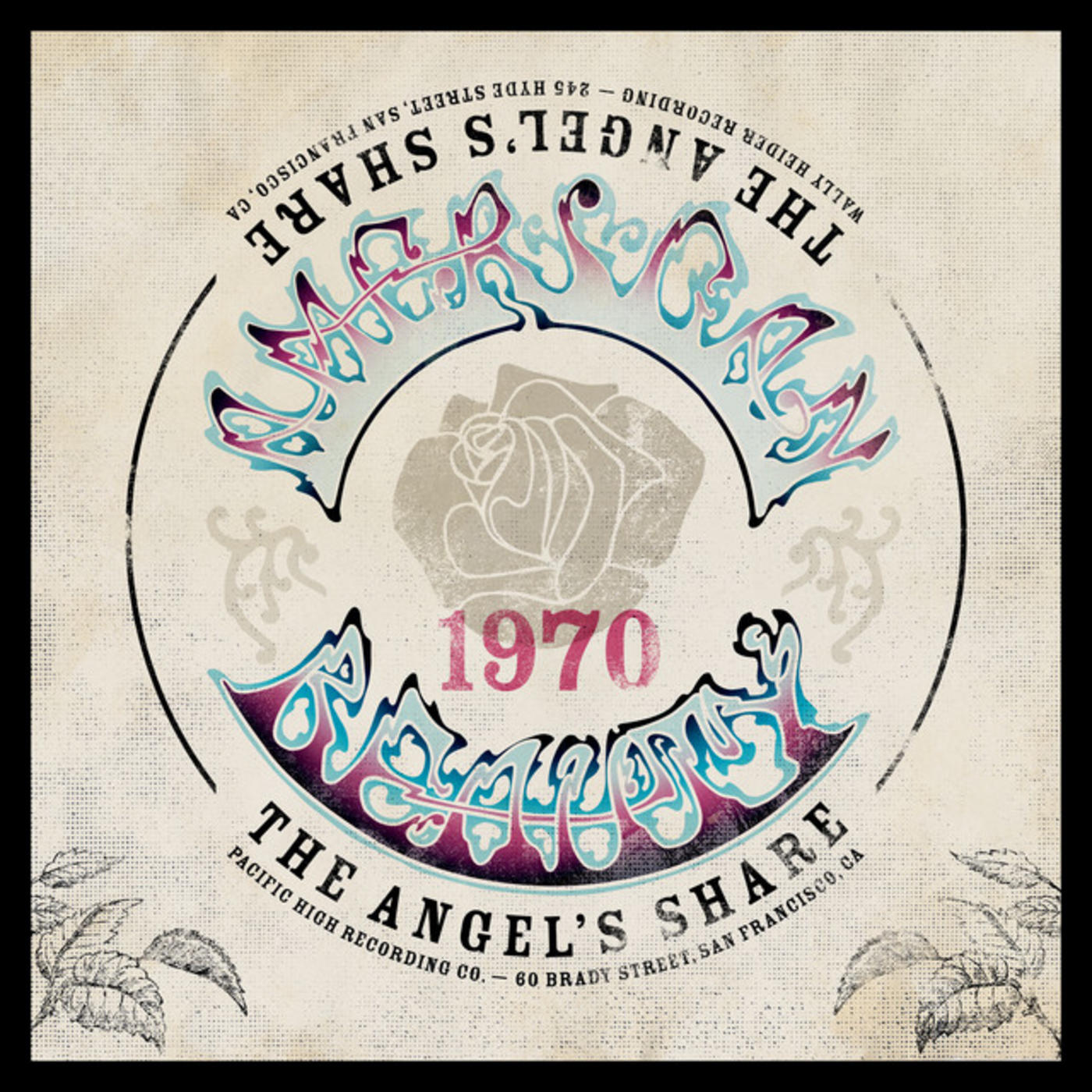5 Things You Probably Didn’t Know About Bob Weir

- He met his songwriting partner John Perry Barlow at boarding school.
Barlow spun the whole secret origin story about the Weir/Barlow friendship in a 2016 interview with TipJar, one which should definitely be read in its entirety if you’re a Deadhead, but here’s the portion which directly applies to this entry:
You guys have known each other since high school, right?
Yeah, Bobby has been my official best friend for 53 years. And I have been his. Before we met, we had both established a fairly consistent record of being intelligent but intractable individuals. I actually had a straight-F average from Pinedale High School in Pinedale, Wyoming, where I used to ride my motorcycle to school. And I mean you could be a root vegetable and do better than that. [Laughter.] That actually took some doing. But my parents took that as a vote, which it was was, to get me the hell out of there. And also my father was running for office and my behavior at the time was a political liability to him.
So you went down south to boarding school in Colorado?
Yes, to a school which specialized in people just like Bobby and me. It still does. It’s called Fountain Valley School. It’s a great place.
When you say people “like you and Bobby” can you elaborate?
Well, yes, people who are intelligent and intractable. I was intractable because I wanted trouble. Bobby was intractable because he couldn’t understand the rules. And he couldn’t quite be made to bother with why they were important to other people.
Sounds a bit like his guitar style . . .
[Big laugh.] Yeah there are a number of things like that with him.
- The first time he read the lyrics to “Sunshine Daydream” was when he was in the studio recording the song.
That’s because they didn’t exist until then. As all good Deadheads know, “Sunshine Daydream” is really just part of “Sugar Magnolia,” and as Robert Hunter revealed in This Is All a Dream We Dreamed: An Oral History of the Grateful Dead, Weir’s perfectionism got the best of him on that track. “He just worked to death on it,” said Hunter. “And Weir’s a hard taskmaster – he wants everything to be just the way he wants it. We went around and around and around. He’d go off and work on it some more, and bring it back and demand more lyrics or better lyrics. And then, when it was all done, he wanted some extravaganza to cap it all off. So I wrote that ‘Sunshine Daydream’ thing for it right in the studio. I just went out and wrote it down. [Weir said], ‘That’s just fine,’ and tacked it on.”
- Although it’s a Garcia-Hunter composition, Weir used to sing “Dire Wolf” live.
Often described as a turning point in the Dead’s music, when they made a distinct attempt to be more accessible, “Dire Wolf” went through considerable evolution before it finally made its way onto an album, including one point where Weir was taking the lead vocal. (Its title evolved, too: it was originally called “Don’t Murder Me.”)
- He was busted at the Canadian border for possession…of bee pollen.
In the fall of 1977, Weir was stopped at the Canadian border because he was found to be in possession of what was described as a mysterious yellow powder. As it turned out, though, it wasn’t mysterious at all: it was bee pollen, which is a pretty standard health food supplement. Oh, sure, it’s funny now…
- He wrote a song with blues legend Willie Dixon.
The inestimable David Dodd details the origins of this song on Dead.net, so you’d be better served by reading the whole piece (just click here), but the track in question – “Eternity” – was written during the sessions for Rob Wasserman’s TRIOS album, with Weir playing a chord progression and melody to Dixon to see if he liked it. Not did he like it, but he immediately scribbling down lyrics, after which he passed them to Weir. It wasn’t love at first read, but…well, here’s what Weir said:
“He hands these lyrics to me and I'm reading through them. And they seem, you know, awfully simplistic. Like there wasn't a whole lot to them... Now he wants me to read through it and sing the melody I have and see if they fit. And so I started singing through these simplistic lyrics, and that simplicity takes on a whole other direction. By the time I had sung through them, it's like my head is suddenly eons wide. I can hear what's happening just sort of echoing around in there and I'm astounded by the simple grace of what he has just presented to me. I'm sitting there with my mouth open literally, and Willie's laughing. He's just sitting there laughing, saying, 'Now you see it. Now you see it. That's the wisdom of the blues.'”
For more information, click the buttons below:


